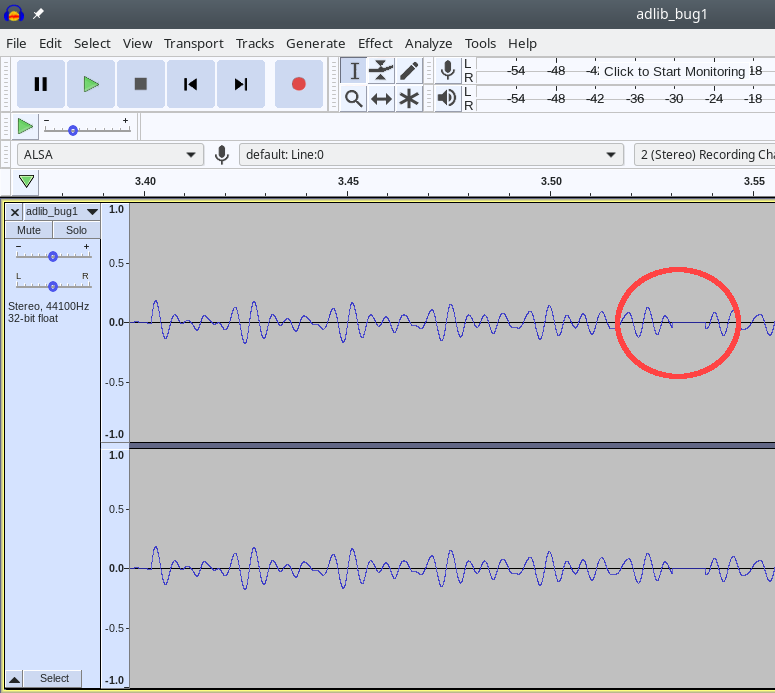Oct 3, 2020
I’ve been working on OPL2 code for a while now. I’ve started to understand at a level beyond what I could a few years ago. This is progress. What does it mean? Let’s discuss problem-solving in the context of OPL2 in 2020. I want to write a piece of software for the Intel X86 architecture. I want it to be below the kernel of the computer meaning that there is no operating system, no bootloader and if you’re really wild, only a single function needed from the BIOS. I wrote all this and there are bugs, but instead of focusing on those bugs, we’re instead going to look at just OPL2.

If I were to get this code working on a host machine, our process of problem-solving would actually be a lot easier. Write more code and fix anything that comes up. Because testing on a host is one step more difficult than testing on a VM, I decided that most people would choose to use a VM instead of running my game on their host or a random piece of ancient hardware they have in storage. It is true of me, but I have an excuse. There is a debugger for my VM, Qemu but there is not one in my game’s kernel. That comes in mighty handy when things go wrong.
Read more »
June 9, 2020
This blog post will be a bit weird but I'm trying to find my voice besides the IRC world and the inner world that I've been navigating for more than 20 years. I don't think it's going to be easy, so think of this more as a reference than a blog post. In other words, don't read this blog post unless you're on a path like mine where your stuff has become a deep rabbit hole. Today's rabbit hole, as well as monday and sunday's rabbit hole has been EXT2.
Backstory: I'm writing a kernel and I need a filesystem. A simple one would make my life easier but would then make everyone else's life harder. Do I want to do that when I'm writing a game that is intended to teach people how to write hundreds, even thousands of kernels? Do we want everyone in this tree of learning to be harmed because I wanted to play my game sooner? Maybe. Maybe.
Read more »


